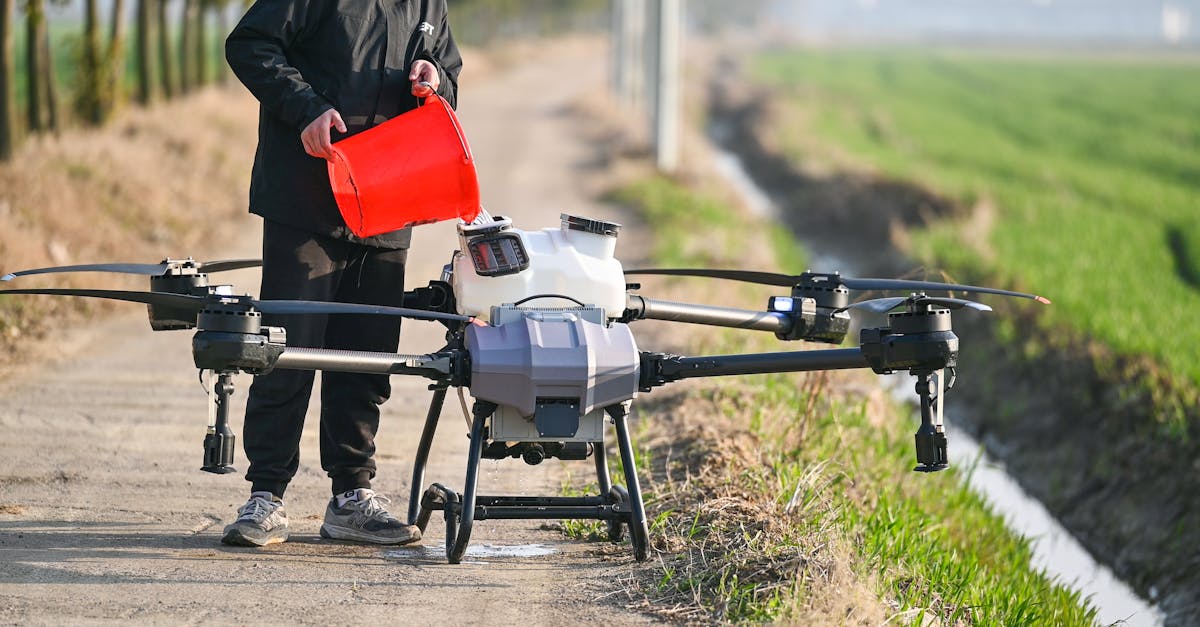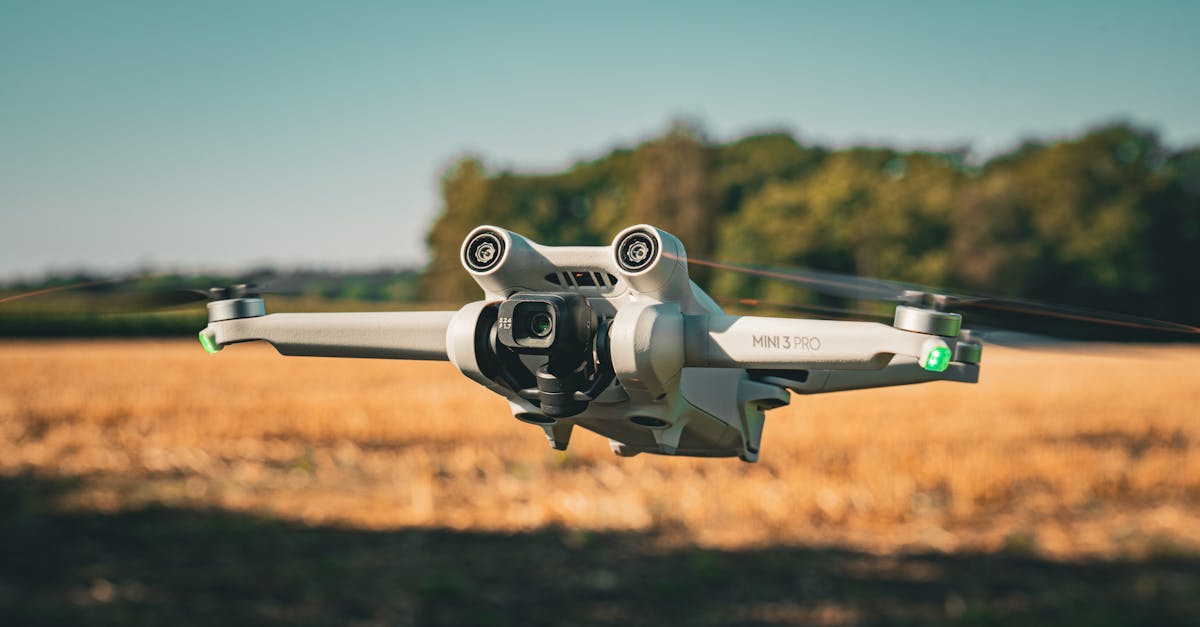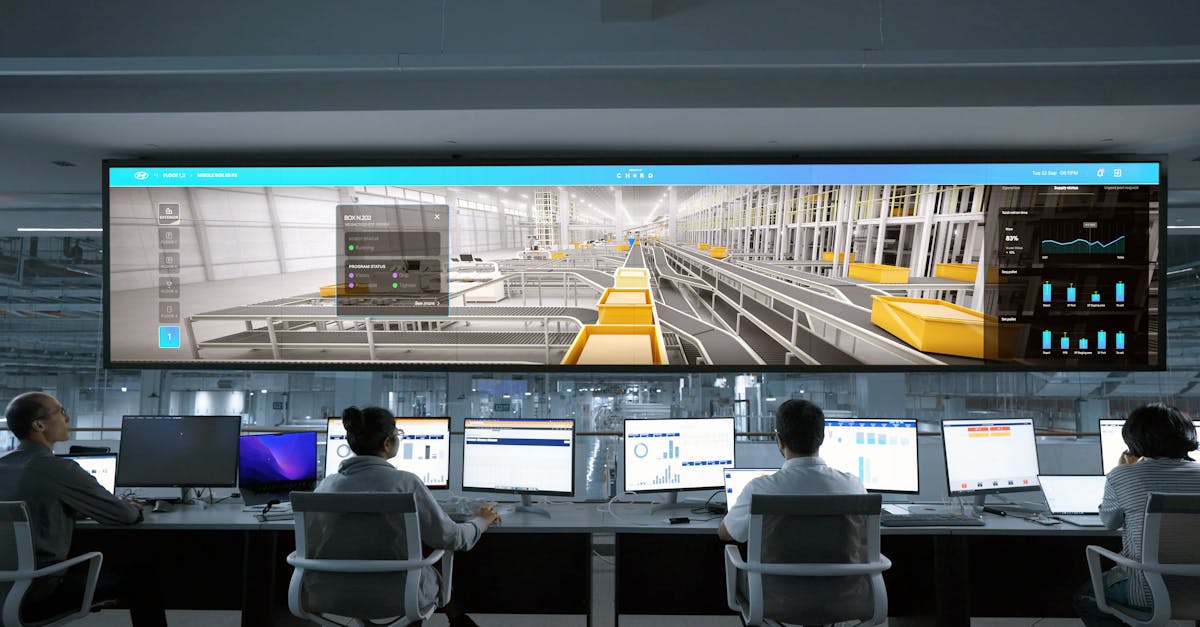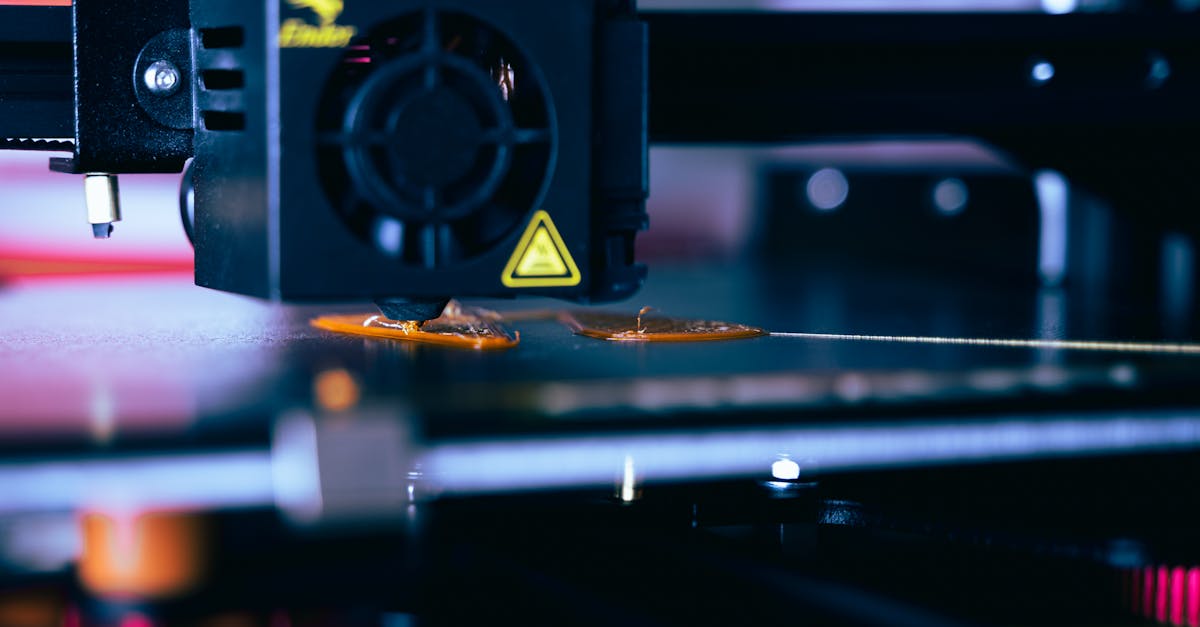How Drones Are Transforming Crop Management
Introduction
Agriculture has been the backbone of human civilization, constantly evolving with technological advancements. Today, drone technology stands at the forefront, revolutionizing the agricultural landscape by offering innovative solutions to traditional farming challenges. But what makes these flying gadgets so essential for crop management? From enhanced monitoring to precise application techniques, drones are redefining how farmers approach their fields. To understand this transformation, we must delve into the capabilities that make drones indispensable. As the world seeks sustainable farming practices, drones offer a glimpse of the future of agriculture.
Advertisement
Enhanced Crop Monitoring
One of the primary benefits of drones in agriculture is their ability to monitor large areas efficiently. Equipped with advanced sensors and cameras, drones can capture high-resolution images of entire fields. These images help farmers assess plant health, identify stress signs, and detect pest infestations early. Unlike traditional methods that relied heavily on manual inspection, drone technology provides rapid, accurate data, allowing for real-time decision-making. By offering a macro and micro-view of their crops, drones enable farmers to optimize yield and minimize potential crop damage.
Advertisement
Precision Agriculture
In recent years, precision agriculture has become a buzzword, emphasizing efficiency and resource management in farming practices. Drones play a critical role in this approach by delivering resources precisely where they're needed. Whether it's spraying pesticides or fertilizers, drones can target specific crop areas without affecting adjacent zones. This precision minimizes waste, reduces environmental impact, and leads to significant cost savings in the long run. Unlike conventional machinery, drones can navigate challenging terrains and access otherwise unreachable areas, enhancing productivity.
Advertisement
Efficient Land Surveys
Land surveys are crucial for planning farming activities and determining the best areas for cultivation. Drones simplify this process by offering fast and accurate aerial views of agricultural land. With GPS technology, drones can create precise land maps in a fraction of the time taken by traditional methods. These topographic surveys assist in planning irrigation, analyzing soil quality, and understanding geographical features affecting agriculture. By providing comprehensive data, drones help farmers make informed decisions, optimize land use, and boost overall farm efficiency.
Advertisement
Disease and Pest Management
Crop diseases and pests can devastate entire agricultural outputs if not addressed promptly. Drones assist in combating these challenges by monitoring and quickly reacting to potential issues. Using multispectral sensors, drones can detect subtle changes in plant coloration, often indicative of disease or pest presence. Early detection ensures timely intervention with targeted treatments, preventing widespread damage. Furthermore, drones can deliver pesticides accurately to affected areas, minimizing chemical usage and promoting sustainable farming practices.
Advertisement
Irrigation and Water Management
Efficient water use is crucial in agriculture, especially in drought-prone regions. Drones contribute significantly to water management by accurately mapping field irrigation needs. They assess plant health and soil moisture content, offering insights into ideal watering schedules. This precision supports the development of drip-irrigation systems, substantially reducing water wastage. Farmers can now ensure optimal hydration, leading to healthier crops and improved yield while conserving valuable resources.
Advertisement
Data-Driven Decision Making
Data forms the backbone of modern agriculture, and drones are at the forefront of this data revolution. Equipped with sophisticated technology, drones collect an array of data that assists farmers in making informed decisions. From predicting yield outcomes to determining harvesting times, the data provided by drones is invaluable. Advanced analytics transform raw data into actionable insights, guiding farm operations and strategy. By promoting a science-based approach to farming, drones enable farmers to enhance productivity and sustainability.
Advertisement
Economic Advantages
The integration of drone technology in agriculture offers significant economic advantages. Investment in drones is offset by reductions in labor costs and increases in efficiency and productivity. By automating and streamlining many farming processes, drones reduce the need for extensive manpower and mitigate human error. Over time, this leads to higher profit margins and competitiveness in the agricultural sector. Improved yields and resource management translate to increased profitability, making drones a viable investment for farmers worldwide.
Advertisement
Environmental Impact
Sustainable farming practices are crucial in today's environmentally conscious world, and drones contribute significantly to these efforts. By facilitating precise resource application, drones reduce chemical runoff and environmental contamination. They also promote biodiversity by targeting problem areas rather than blanket applications. The reduced reliance on heavy machinery decreases carbon footprints, contributing to sustainable agricultural systems. As environmental regulations become stricter, drones offer a path to compliance and sustainable farming practices.
Advertisement
Conclusion
Drone technology has indeed found a pivotal role in transforming modern agricultural practices. Offering precision, efficiency, and real-time insights, drones empower farmers to make informed decisions, improve yields, and embrace sustainable methods. As agricultural demands grow alongside environmental concerns, drones provide a harmonized path to future-ready farming. Their potential to revolutionize crop management continuously expands, showcasing their indispensable role in 21st-century agriculture. By embracing drone technology, farmers worldwide step into an era of enhanced productivity and ecological balance.
Advertisement


